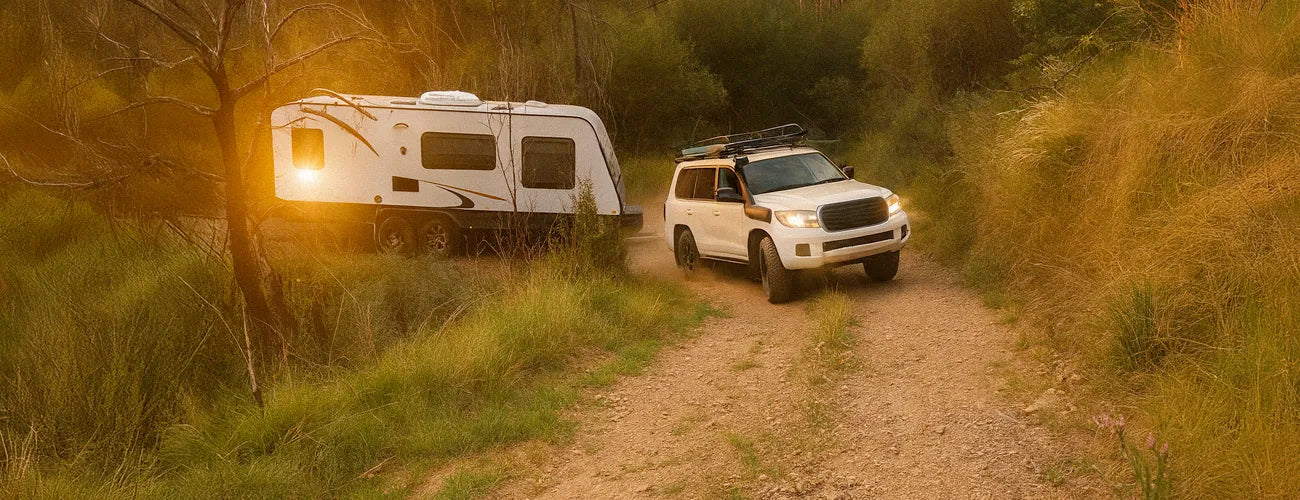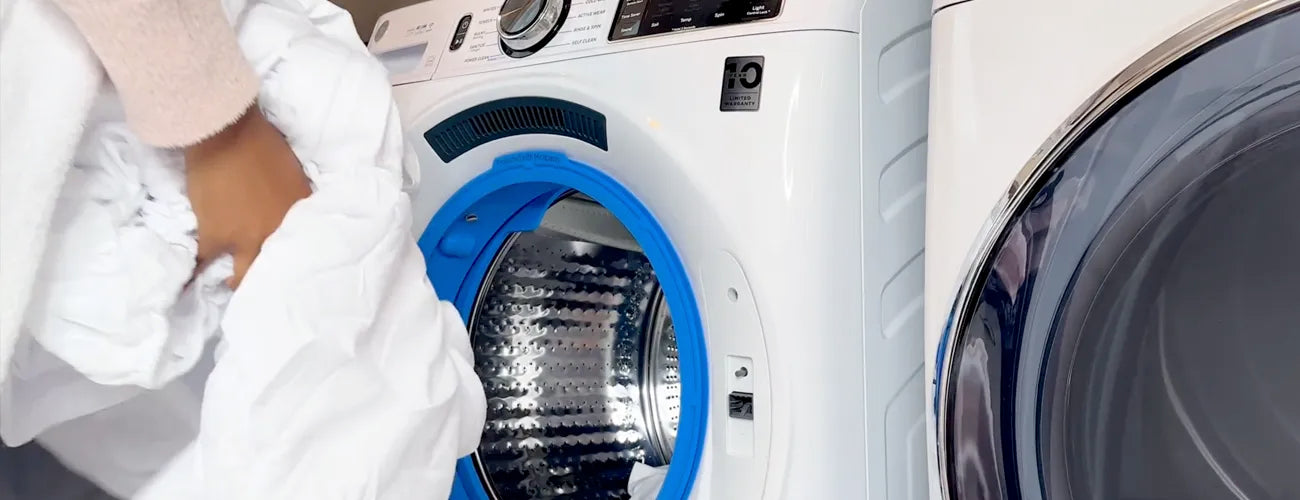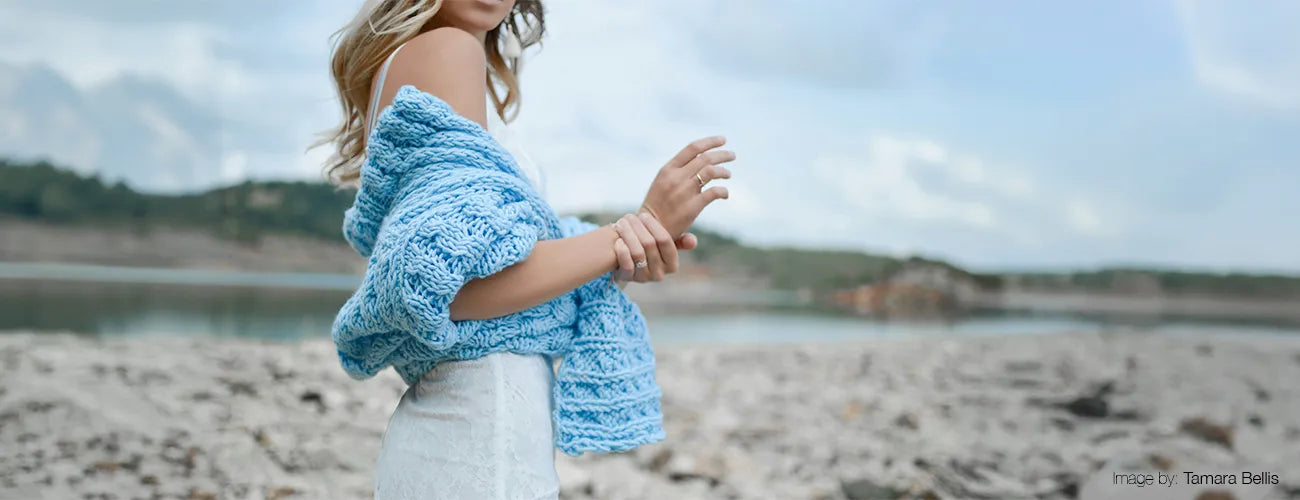How to Wash Baby Clothes Safely: A Complete Guide for Sensitive Skin
When it comes to washing baby clothes, there’s more to consider than simply tossing them in with the rest of the family’s laundry. From their very first day, newborns have delicate skin that can react strongly to residues, dyes, or fragrances left behind by traditional detergents.
Whether you're a new parent doing laundry for the first time or refreshing your routine, choosing the right detergent for baby clothes and using safe techniques can make all the difference to your little one’s comfort.
At Sheet Yeah!, we believe washing your baby’s clothes should be simple, safe, and sustainable. That’s why our fragrance-free and essential-oil-scented laundry detergent sheets are a top choice for parents who want a safer, eco-friendly alternative to bulky bottles and harsh chemicals.
In this ultimate guide to washing baby clothes, we’ll show you exactly how to:
-
Pre-wash baby clothes safely
-
Remove stains naturally
-
Choose the best detergent for sensitive skin
-
Understand washing instructions for different fabrics
-
Avoid common irritants that sneak into baby laundry
-
And keep those newborn baby clothes soft, clean, and safe

Why Baby Laundry Deserves Special Care
Newborn clothes aren't just smaller — they're more sensitive. Baby skin is thinner, more permeable, and absorbs irritants faster than adult skin. That’s why washing your baby’s clothes properly is so important — especially during the first few months.
Many off-the-shelf detergents contain:
-
Synthetic fragrances
-
Optical brighteners
-
Dyes and colorants
-
Preservatives and surfactants
These can trigger eczema, rashes, or allergic reactions in babies. Even new clothes may be coated in chemical finishing agents or pick up dust and debris during shipping.
🍼 It’s always a good idea to wash baby clothes before use. Even if they look clean, they’re not ready to go straight from hanger to baby skin.

Pre-Wash Baby Clothes Before First Use
Before your baby wears anything — even if it’s brand new — it’s important to pre-wash baby clothes to remove any residues from manufacturing, dyes, dust, or packaging materials.
This applies to:
-
Newborn clothes and onesies
-
Swaddles, bibs, hats, mittens
-
Blankets, cot sheets, and towels
-
Any clothes for the first time wear
👶 It’s especially important to wash newborn baby clothes separately from adult laundry for the first few months to minimise exposure to irritants.
💡 Tip: Use a mesh laundry bag for washing tiny items like socks or mittens. It keeps them together and prevents them getting lost in the washing machine.

Choosing the Best Detergent for Baby Clothes
Not all detergents are baby-safe — even those labeled as “gentle” or “natural” might still contain fragrance, brighteners, or preservatives that can irritate delicate skin.
Here’s what to look for when choosing a baby laundry detergent:
✅ Fragrance-free or essential oil only
✅ Hypoallergenic and dermatologist-tested
✅ Free from phosphates, parabens, and dyes
✅ No synthetic preservatives or optical brighteners
✅ Plant-based and biodegradable
💡 Sheet Yeah!’s laundry detergent sheets are designed specifically for sensitive skin, newborns, and eczema-prone households. They contain no harsh ingredients, come in plastic-free packaging, and are available fragrance-free or lightly scented with essential oils — never synthetic perfumes.
They’re compact, easy to use, and safe for hand wash, machine wash, or travel.

🧺 Pro Tip: Always read fabric labels and washing instructions before tossing baby items into the machine. Organic or bamboo fibres may require a gentle wash cycle and lower temperatures.
Smart Sorting for Baby Laundry
Before washing, it’s best to sort your baby’s clothes just like you would your own — but with a few added steps to protect delicate items.
✅ Sort by soil level:
-
Heavily soiled: bibs, burp cloths, nappies
-
Lightly soiled: onesies, pajamas, wraps
✅ Sort by fabric:
-
Keep organic cottons or delicates separate from thicker or synthetic blends
-
Place fine fabrics in a mesh laundry bag for added protection
✅ Sort by colour:
-
Wash whites separately from colours to prevent dye transfer
-
Baby clothes often come in soft pastels — don’t let a rogue red sock ruin the whole load!

Washing Baby Clothes the Right Way
Choosing the right wash cycle and temperature is key to keeping baby’s clothes soft, clean, and free from irritants.
✅ Temperature:
-
Cold water: best for everyday baby laundry — protects fabrics and prevents shrinkage
-
Warm water: helpful for sanitising during illness or for tougher stains
-
Hot water: only if recommended on the label and needed for disinfection (e.g., after gastro or flu)
✅ Washing machine settings:
-
Use a gentle wash cycle
-
Opt for a double rinse if your baby has very sensitive skin
-
Use eco-friendly, fragrance-free detergent made for babies
💡 If you’re washing newborn clothes or heirloom hand-me-downs, it may be best to hand wash or use a cold delicate cycle to preserve fibres.
Natural Stain Removal for Baby Messes
Let’s be honest — baby clothes will get messy. Whether it’s from food, formula, or the occasional blowout, stains are part of the deal.
Here’s how to remove stains naturally without harsh chemicals:
| Stain | Treatment |
|---|---|
| Formula or spit-up | Rinse in cold water and pre-treat with a baking soda paste |
| Food stains | Dab with white vinegar before washing |
| Nappy leaks | Rinse quickly, apply fragrance-free dish soap, and let sit |
| Sweat or drool | Use our Sheet Yeah! stain remover bar and let it sit for 10 minutes |
🧴 Avoid traditional stain removers or bleach — they leave behind residues that irritate sensitive skin and often contain unnecessary synthetic chemicals.
💡 If you’re dealing with protein-based stains (like blood or formula), always use cold water first — hot water can set the stain.
Drying Baby Clothes Safely
How you dry your baby’s clothes is just as important as how you wash them. Heat, residue, and friction can all impact fabric longevity and irritate sensitive baby skin.
✅ Best options:
-
Air dry whenever possible — it’s gentler on fabric and helps preserve shape
-
Use a drying rack or flat surface for delicates to avoid stretching
-
If using a dryer, choose a low-heat or delicate setting
🚫 Skip the fabric softener:
Using fabric softener on baby clothes can leave chemical coatings that irritate the skin — even the ones labeled “gentle.”
Instead, try:
-
Wool dryer balls to soften fabrics naturally
-
White vinegar in the rinse cycle to help reduce static without residue

Extra Tips on Washing Baby Clothes
Here are a few extra tips for washing baby clothes that can help make laundry day easier:
🧺 Clean your machine regularly
Detergent residue, mold, and bacteria can build up in your washer over time. Run a hot cycle with baking soda and vinegar monthly to keep it clean.
👶 Wash baby clothes separately
Especially for newborns, it’s best to wash your baby’s clothes separately from adult laundry to avoid exposure to sweat, oils, perfumes, and bacteria.
💦 Double rinse when needed
If your baby has eczema or highly sensitive skin, double-rinse loads to ensure no detergent residue remains.
🧴 Use the right amount of detergent
Detergent sheets like Sheet Yeah! make this easy — they’re pre-measured, non-toxic, and designed for sensitive loads.
👚 Wash baby clothes by color
To prevent dye transfer, always wash baby clothes by color — whites with whites, and colours together.
Conclusion: Gentle Washing = Happy Baby
With just a few simple tweaks, you can wash your baby’s clothes safely, gently, and effectively — without relying on harsh chemicals.
Whether you’re a new parent, preparing to wash newborn clothes, or refreshing your laundry routine with eco-friendly options, the goal is always the same: keep your baby’s clothes clean, soft, and safe for sensitive skin.
🧼 Make the switch to Sheet Yeah! eco-friendly laundry detergent sheets — the best detergent for baby clothes that’s gentle enough for newborns and tough enough for baby messes.
FAQs: Washing Baby Clothes
Do I need to wash baby clothes before they wear them?
Yes — even newborn baby clothes should be washed before the first wear to remove dust, dye, or chemical residue. It’s always best to wash baby clothes before use.
What’s the best detergent for baby clothes?
A hypoallergenic, fragrance-free formula like Sheet Yeah! detergent sheets, which contain no optical brighteners or harsh chemicals.
Can I use regular detergent for baby clothes?
While some regular detergents may be "safe," it's always better to choose fragrance-free, hypoallergenic detergents designed specifically for sensitive skin to reduce any risk of irritation.
How do I remove tough baby stains?
Pre-treat stains as soon as possible using natural options like baking soda or white vinegar, and wash using cold or warm water depending on the fabric type.
Can I use fabric softener on baby clothes?
No. It’s best to avoid it altogether. Fabric softeners can coat clothes in residue that may irritate a baby’s skin.
Is it okay to wash baby clothes in the same load as mine?
It’s best to wash them separately, especially in the newborn stage, to reduce exposure to adult laundry residue and bacteria.
Is double-rinsing necessary for baby laundry?
Double rinsing can help ensure all detergent residue is fully removed, which is especially helpful if your baby has highly sensitive or allergy-prone skin.
Can baby clothes be washed in the machine?
Yes — most baby clothes can be washed in the washing machine, but always check the label. Use a gentle cycle and the right detergent to protect the fibres and baby’s skin.
At Sheet Yeah!, we believe safer laundry starts with smarter choices — for you, your baby, and the planet.





